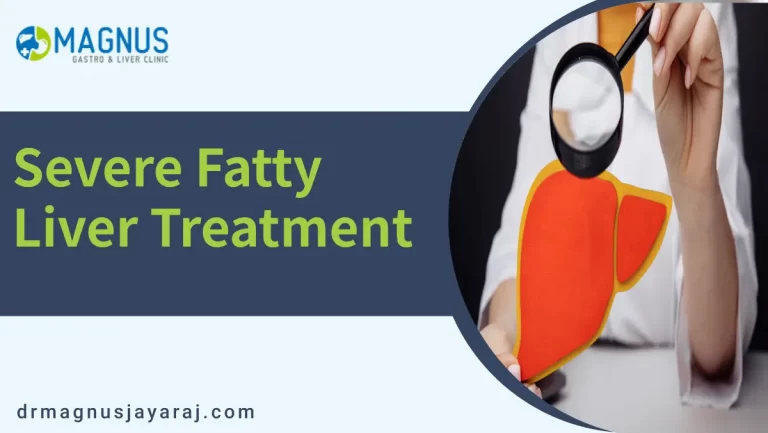Embarking on the journey of severe fatty liver treatment requires a comprehensive understanding of this condition and the interventions available for a successful recovery. In this guide, we’ll explore the nuances of severe fatty liver, the severity of liver diseases, serious liver infections, and how tailored treatments can pave the way to reclaiming optimal liver health.
Understanding Severe Fatty Liver:
Severe fatty liver, also known as non-alcoholic steatohepatitis (NASH), represents an advanced stage of fatty liver disease characterized by inflammation and liver cell damage.
Severity of Liver Disease
- Liver disease severity ranges from mild to severe, with NASH indicating a more advanced and concerning stage.
- Recognizing the severity helps determine the appropriate treatment plan and lifestyle modifications.
Serious Liver Infection
- Severe fatty liver increases the risk of serious liver infections, as the compromised liver becomes more susceptible to complications.
- Timely treatment is crucial to prevent the progression of serious infections and further liver damage.
As we delve into the complexities of severe fatty liver, it becomes evident that awareness of disease severity and potential complications is crucial for informed decision-making and effective treatment strategies.
Evaluating Severity of Liver Disease:
Assessing the severity of liver disease is a critical step in tailoring an effective treatment strategy for individuals with severe fatty liver.
Diagnostic Procedures
- Imaging studies, liver function tests, and liver biopsy are common diagnostic procedures to determine the extent of liver damage.
- These assessments guide healthcare professionals in categorizing the severity of liver disease.
Importance of Early Detection
- Early detection of liver disease severity allows for timely intervention, potentially preventing further complications.
- Regular health check-ups and screenings are essential for individuals at risk of severe fatty liver.
In the process of evaluating the severity of liver disease, it becomes evident that early detection and comprehensive assessments are key components in managing and mitigating potential complications.
Severe Fatty Liver Treatment Approaches:
Several approaches aim to manage and treat severe fatty liver treatment, focusing on lifestyle changes, medications, and, in severe cases, surgical interventions.
Lifestyle Modifications
- Adopting a healthy diet, regular exercise, and weight management are crucial in mitigating severe fatty liver.
- Lifestyle changes play a pivotal role in improving liver health and preventing disease progression.
Medications and Therapies
- Medications may be prescribed to address specific aspects of severe fatty liver, such as inflammation or metabolic imbalances.
- Therapies, including antioxidants and insulin-sensitizing agents, may also be utilized in comprehensive treatment plans.
Severe Fatty Liver Treatment Approaches, it’s clear that a combination of lifestyle adjustments, medications, and therapies is often necessary for an effective and holistic management of the condition.
Taking Charge of Your Liver Health:
Reclaiming optimal liver health involves proactive steps, empowering individuals to make informed choices and seek professional guidance.
Regular Monitoring and Follow-ups
- Individuals with severe fatty liver should undergo regular monitoring and follow-ups to track treatment progress and adjust interventions as needed.
- Healthcare professionals play a key role in guiding patients through their journey to recovery.
Building a Support System
- Establishing a support system, including healthcare professionals, family, and friends, contributes to a holistic approach to severe fatty liver treatment.
- As part of the overall recovery process, emotional well-being is essential.
Conclusion:
Navigating the path to severe fatty liver treatment requires a comprehensive approach, considering the severity of liver diseases and potential complications like serious liver infection. By understanding the nuances of this condition and embracing tailored treatments, individuals can reclaim their liver health and work towards a healthier future.

